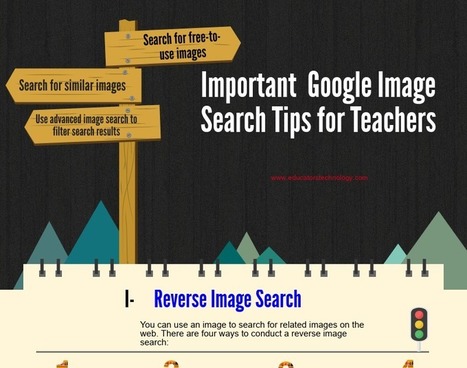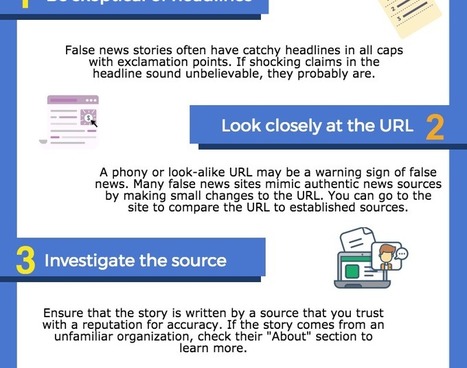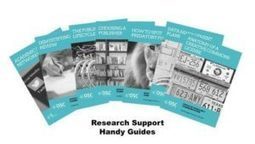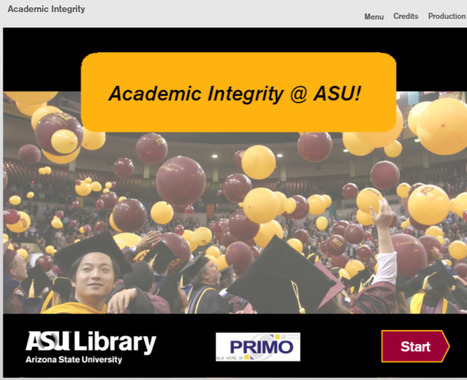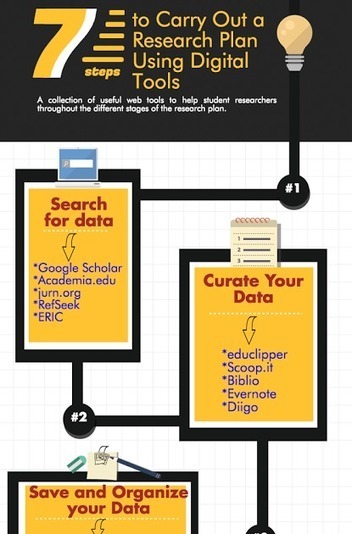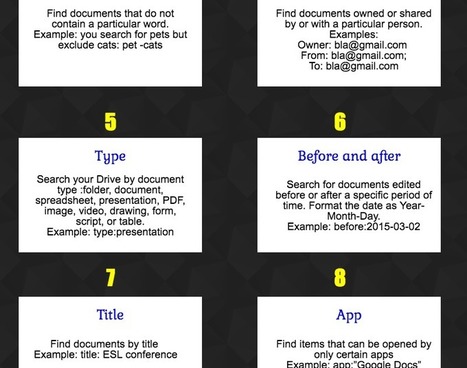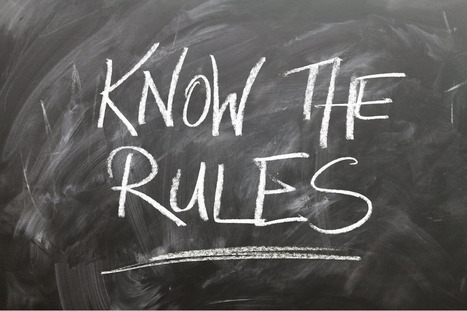The visual below features some important tips to help you better use Google Image in your instruction. More specifically, you will get to learn how to run a reverse image search, how to use advanced Image settings, and how to filter images through a wide variety of usage rights.
Research and publish the best content.
Get Started for FREE
Sign up with Facebook Sign up with X
I don't have a Facebook or a X account
Already have an account: Login
Literacy in a digital education world and peripheral issues.
Curated by
Elizabeth E Charles
 Your new post is loading... Your new post is loading...
 Your new post is loading... Your new post is loading...

Helen Lynch's curator insight,
September 3, 2016 2:35 PM
A quick guide to some online tools and games
|

Reginald Smith's curator insight,
April 29, 2018 8:17 AM
Google Scholar is a better resource than just having students Google their topics. We should really help students get in the habit of finding information from sources like this or other paid databases. (Infobase, BadgerLink, Discovery Education)

Marta Torán's curator insight,
January 20, 2017 3:11 PM
Las reglas para el uso educativo de lo que encontramos en la red. Nos lo cuenta Sue Waters. 
Dr Tee Nadan's curator insight,
January 29, 2017 4:28 AM
I wish all tutors/lecturers actually put this in practice. You can't simply use others' materials without due acknowledgement. Period.
|




